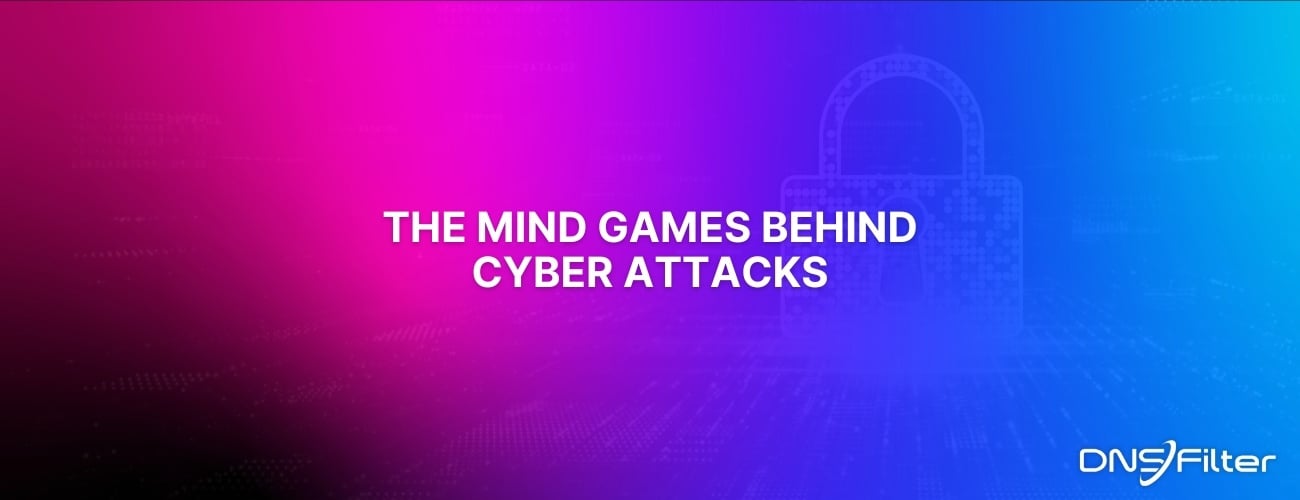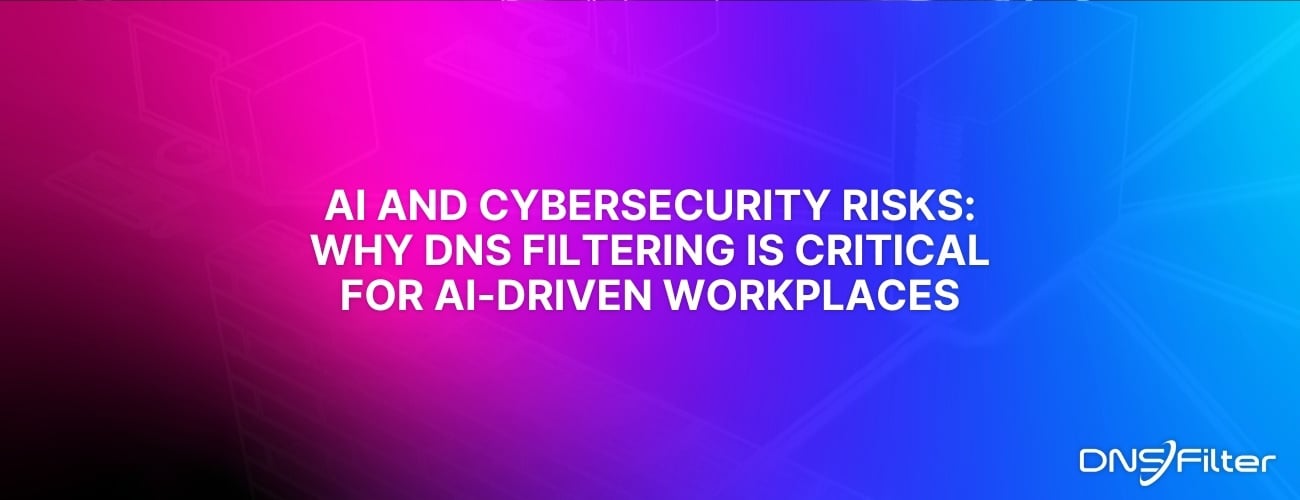Share this
Why Are Cyber Attacks On US Government Agencies A Concern?
by Serena Raymond on Sep 9, 2021 12:00:00 AM
Government cyber attacks are happening
Cybercriminals, unfortunately, have a lot they can gain from infiltrating government agencies through online attacks. Not only can they impact government infrastructures, but they can steal secure credentials of government employees and citizens. Cyber attacks on US government organizations, according to some reports, are already in progress.
In this article, we’ll take a look at why cyber attacks on US government agencies are a big deal, why governments are vulnerable, and what non-government companies can do to help mitigate threats.
What can a catastrophic government cyber attack mean for you?
Not every cyber attack has the same motive, and the type of attack can vary drastically. So the fallout from a cyber attack can range from minor to major, but here are a few ways it might affect you directly as a non-government employee citizen:
- Your personally identifiable information (PII) might be acquired by cybercriminals
- Diversion of government resources (including manpower and funds) to deal with the attack may delay usual government services
- Small local governments that are forced to pay to unlock computers after ransomware attacks may not have funds to support normal programs
- Compromised government secrets can put all US citizen safety at risk
While this is not a comprehensive list of all ways in which a major cyber attack can impact individuals, it sheds light on the importance of mitigating these attacks.
In the UK, a ransomware attack left a local council with their IT servers disabled for over three weeks.
While the amount of the ransomware attack was not disclosed, and they could not confirm if any PII was compromised, council staff had limited productivity as they were informed they could not use any of their devices. They had to move to pen-and-paper. Because of this, residents complained that the council was not responsive. After three weeks, their IT capabilities still had not been restored! Normal business was postponed because of “ongoing IT issues.”
From this single example, the cost of a ransomware attack isn’t just in the money paid to the cybercriminal. A large portion of the cost is the disruption of normal operations and the cleanup of the attack.
Why are governments vulnerable?
Governments are one of the top targets of ransomware. And the attack surface is growing.
Not only has everything moved to the cloud, but in light of recent events, remote devices are becoming not just common but a necessity among government agencies.
So the attack surface just keeps growing.
Government agencies have a wealth of information that cybercriminals might want, and they’re strapped by:
- Limited and outdated IT resources
- Lack of network redundancy
- Inability to keep up with new technologies (and thus cyber threats)
- Budgets
Because so many governmental organizations are a necessity, they’re targeted by ransomware attackers because they’re more likely to pay the ransom. After all, if a police or fire department is impacted by a ransomware attack that makes them unable to respond to emergency calls, they’re very likely going to pay the hacker to get systems back online as soon as possible.
That brings us to where we are right now…
Cybercriminals capitalize on public concerns
Historically, cybercriminals have never been shy about capitalizing on major public concerns in order to steal credentials.
In the aftermath of Hurricane Katrina, phishing scams were such a concern that the FBI published information warning individuals on how to avoid falling for these scams.
In 15 years, nothing has changed. With the outbreak of coronavirus, not only have cyber attackers targeted individuals who are seeking information about the virus, they’re also targeting our government.
On March 15, the US Health and Human Services Department was the target of a cyber attack.
It does not seem like anything was taken from the department, but the fact that there are cyber attacks on US government agencies like this is concerning. The attack overloaded the Health and Human Services Department servers over a several hour period.
Shortly after, fake text messages were sent to citizens telling them about an impending quarantine. It’s not clear that the hack was related to the HHS cyber attack, but officials believe they are related.
Cybercriminals don’t take days off, even when the rest of the world is distracted and self-quarantining. So while our government, and governments worldwide, are dealing with the threat coronavirus poses, there is still the ever-present threat of cyber attacks—and this might be the moment that governments need to take cyber threats more seriously than ever before.
Action government remote workers and enterprises need to take
So what actions can you take to help ease concerns of cyber attacks and data theft?
First, a word to newly remote government workers: Secure your devices! Government employees who have disconnected from the network are suddenly less secure. Do not connect to unsecured WiFi networks, update your passwords, and do not open any suspicious email links. Here are a few more tips from your friends at the NSA.
Now a message to non-government employees and business owners: You have a responsibility just as much as the government to keep employee and customer records safe. In fact, large companies are especially accountable as a large data breach could impact a significant portion of not just American citizens, but people worldwide.
Here are a few tips:
- Protect your employees with DNS filtering
- Create a cyber attack response plan to help cut down on the time between identifying an attack and shutting it down
- Encrypt everything in the cloud
Cyber attacks aren’t going anywhere, but companies everywhere can take steps to keep customer and employee data where it belongs.
Looking for more information on how to stay safe during cyber attacks? Here are a few more website security tips.
Share this
 Artificial Intelligence in Cybersecurity
Artificial Intelligence in Cybersecurity
The term “artificial intelligence (AI)” was first coined in 1956. While progress stalled for many years, we can thank IBM for sparking real interest in AI as viable technology: First in 1997 when the computer Deep Blue defeated a chess champion and again in 2011 when Watson won Jeopardy!
 The Mind Games Behind Cyber Attacks
The Mind Games Behind Cyber Attacks
Hackers have long understood that the most sophisticated firewall is no match for a well-placed psychological trick. While many focus on the technical prowess of cybercriminals, the real magic often lies in their ability to manipulate human behavior. By exploiting our natural tendencies and cognitive biases, hackers can slip past even the most robust security systems. It's not just about cracking codes; it's about cracking the human psyche.
 AI and Cybersecurity Risks: Why DNS Filtering is Critical for AI-Driven Workplaces
AI and Cybersecurity Risks: Why DNS Filtering is Critical for AI-Driven Workplaces
Artificial intelligence is transforming business operations, automating everything from customer service to data analysis. But with these advancements come new security challenges. AI-driven cyber threats are becoming more sophisticated, enabling attackers to automate phishing campaigns, generate malware, and exfiltrate sensitive data at scale. Without proper safeguards, AI tools can unintentionally leak corporate secrets or connect to malicious ...


